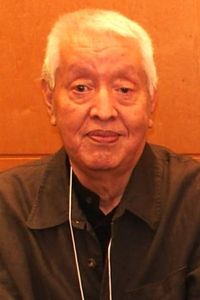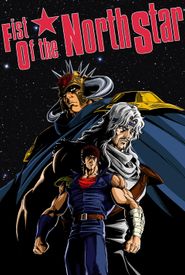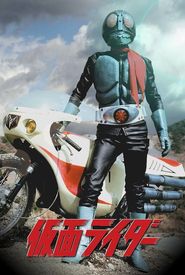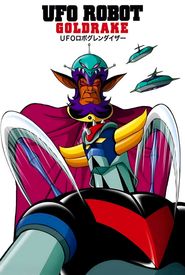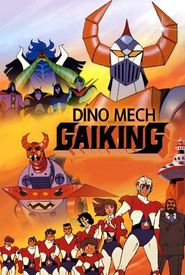Shōzō Uehara, a celebrated and impactful tokusatsu writer, has made a lasting impression on the Sentai genre, with his contributions being particularly significant during its formative years. His extensive and impressive body of work comprises a diverse array of writing credits, including the creation of content for numerous Ultraman series, with the notable distinction of serving as the chief writer for the 1971 series, Kaette Kita Ultraman.
After a successful stint, Uehara made a significant career shift, taking on the prestigious position of main writer for the renowned Sentai franchise, marking the beginning of a new chapter in his professional journey. His appointment commenced with the groundbreaking 1975 production, Himitsu Sentai Gorenger, and came to a close with the 1981 series, Taiyou Sentai Sun Vulcan, a remarkable tenure that spanned an impressive six years. During this period, Uehara's contributions had a profound impact on the development of the genre, earning him a reputation as a pioneering figure in the world of Sentai.
Notably, Uehara's creative endeavors extended beyond his work in the Sentai franchise, as he made significant contributions to the 1978 tokusatsu production, Spider-Man, by utilizing his writing skills. Moreover, his scripting talents were instrumental in shaping the narrative of the initial five Metal Hero series, a sequence of television shows that commenced with the debut of Uchuu Keiji Gavan in 1982 and culminated with the conclusion of Jikuu Senshi Speilban in 1986.
Notably, Uehara made a triumphant return to the world of Sentai for the 1995 anniversary series, Chouriki Sentai Ohranger, a testament to his profound and lasting impact on the genre, a legacy that continues to inspire and influence new generations of fans and creators alike. His remarkable output, a true hallmark of his remarkable career, also included the initial writing duties for the 1987 series, Kamen Rider Black, further cementing his reputation as a masterful storyteller and a virtuoso of the tokusatsu medium, a reputation that has endured for decades and remains unchallenged to this day.
